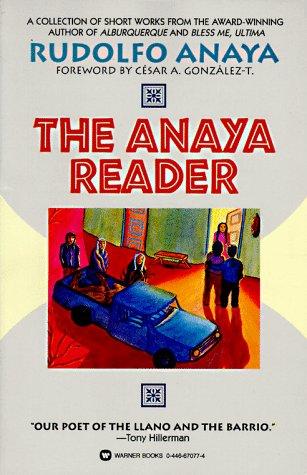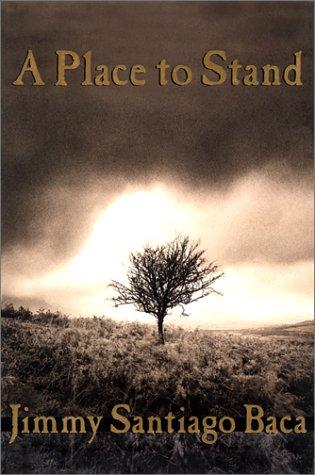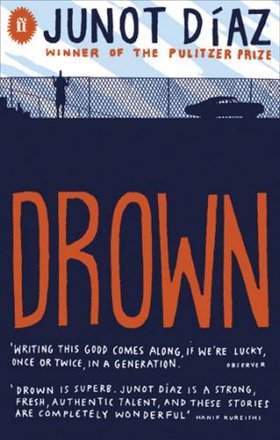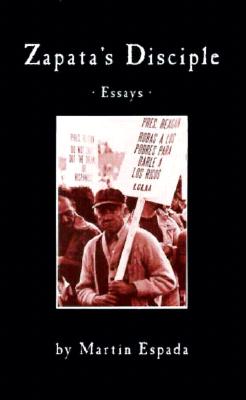Alexie made six points. Here's the first one:
1. Yes, it's historic and incredible that a black man is president of the United States. But, dang it, it's just as important that a black woman is the first lady. Think about it. Jackie O! Lady Bird Johnson! And Michelle Obama in her Gap dresses! Please don't discount the cultural power of the first lady. I am very excited to see how Michelle Obama also revolutionizes the White House.
Click here to read the piece in its entirety, and thanks to Angela Haas for pointing to this (on Facebook).
My husband and I are Obama supporters. We voted early in Illinois so we could drive to Lafayette, Indiana to knock on doors on Election Day. First-time canvassers, it was a memorable experience.
We had a list of 100 addresses in two neighborhoods. I assumed they were Democrats, but that was a wrong assumption. Most of the doors we knocked on weren't opened, because most people were at work. Homes were small. No apartments, no duplexes. Lots and lots of dogs barking inside. Definitely animal lovers, and gardeners, too. Lovely gardens, and nifty Halloween decorating, too.
One home was empty. A contractor was there, painting. I wondered if this was a foreclosed home. At another home, a new family was living in the home. They'd bought it recently; it was a foreclosure.
One elderly white man told us he'd already voted. We asked if he'd voted for Obama, and he became angry, saying "hell no!" Later, an elderly white woman said "I hate that bastard. I wish those two guys had shot him." As we walked, a college-aged white man drove by, saw our Obama materials, and yelled out something about Obama's "nuts" (and I don't think he was referencing sanity). A little later he drove by again, yelling "Obama is a terrorist." A middle-aged white woman, getting in her car, said she had voted early, and said tersly that she didn't care to discuss her vote. I assumed she was for McCain, but she may have been an Obama supporter, tired of all the canvassers and phone calls.
Not all the white people we spoke with were angry. One young couple with a toddler said they'd just moved there, and that they'd voted for Obama. They were enthusiastic and hopeful. A white guy, around 30 years old, said he was just headed to the polls to vote for Obama. Another said he'd already voted for him, but that his partner had voted for McCain. An older white woman, in poor health, said she supported Obama but wasn't going to vote. We offered to arrange a ride, but she shook her head. She said they (DNC people) know her well, that she's voted Democrat before. I wondered if she didn't feel up to being in a long line. I've read that the elderly felt they couldn't stand in long lines.
At the only African American household on our list, there were three people who could vote. One had done so, the second had tried but was turned away without proper ID, and the third had not registered in time. The first was trying hard to get the second necessary ID so she could vote. It seems to me that the effort to get people registered must be coupled with teaching them what they need to vote successfully. And, along with that, I wonder about Indiana's policy about voting and ID's. I won't say this was a racial issue, because back here in Illinois, my students reported difficulties voting, difficulties related to ID's and proof of residency.
There was a Latino household; they'd voted for Obama.
And school was letting out, kids were coming home. One boy told us their classrooms had a mock election, and that Obama won. That boy was Latino. A white girl, same age (4th grade or so), on another street, said she'd voted for McCain because hardly anybody was voting for him. She did want a door-hanger (with Obama's pic and info on where to vote). A few minutes later, we talked with her again because her address was on our list. She said her mom voted for McCain and gets mad about all the Obama calls and stuff people leave on the door. Her mom wasn't home. On we went and walked by a truck on the street. It had an Obama door-hanger on its side mirror, and we realized that it was the door-hanger she'd asked for.
As I noted, it was a memorable experience. I learned a great deal, first-hand, much of it in line with the analyses being done about voters.




















